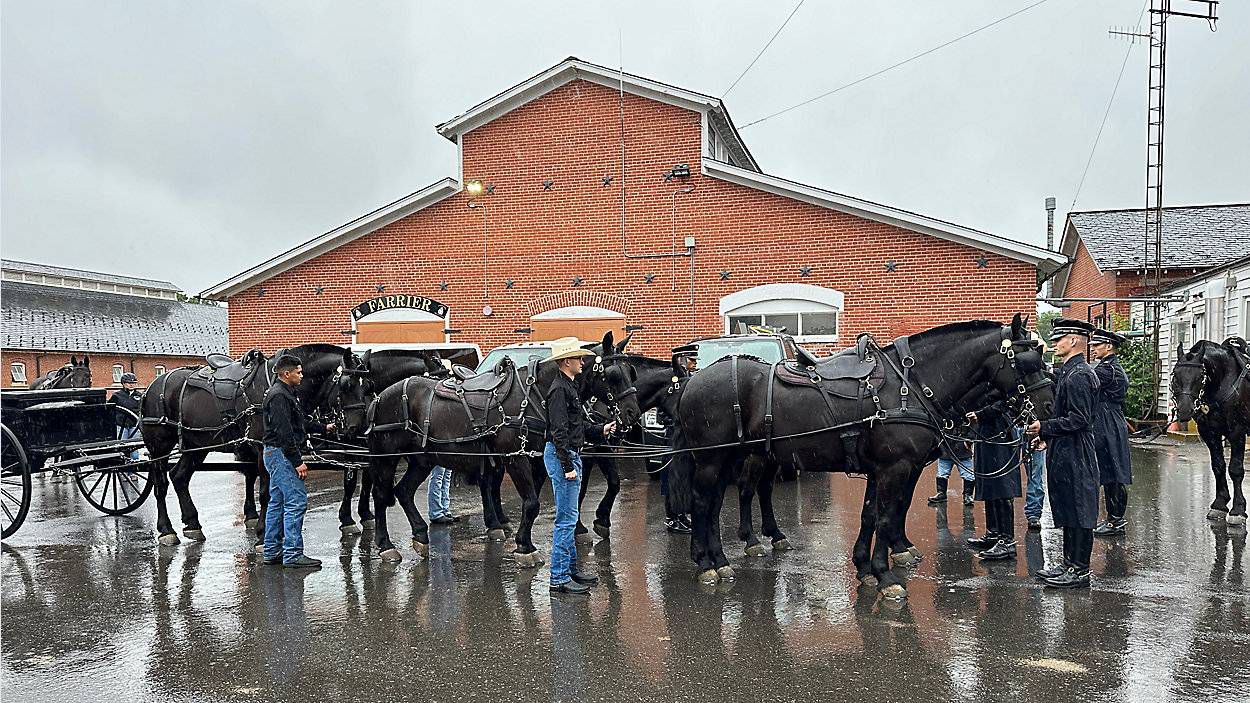RALEIGH, N.C. – This year, Equal Pay Day falls on March 15, a date that symbolizes how far into the year women must work to earn the same amount men did in the previous year.
The date officially was recognized in 1996 by the National Committee on Pay Equity (NCPE) to raise public awareness about the gender pay gap.
According to Payscale, the uncontrolled wage gap, which measures the median salary for all men and women, found women earn $.82 for every dollar a man makes. Meanwhile, the controlled pay gap, which measures median salary for men and women with similar jobs and qualifications, found women earn $.98 for every $1 earned by men.
That gap is believed to be even wider for minority women, which is why there’s a Black Women’s Equal Pay Day, Latina Women’s Equal Pay Day, Asian American, Native Hawaiian and Pacific Islander Equal Pay Day.
In North Carolina, there’s an average wage gap of $8,247, according to the U.S. Census Bureau. That’s comparing the top three largest occupations for men and women in the state.

Congresswoman Deborah Ross, who represents Wake County, has long advocated for women to be paid equally.
“I introduced a bill in the state House when I was there more than a decade ago and they didn't even give the bill a hearing," Ross said. "And I'm a sponsor of the bill here on Capitol Hill. So that even if North Carolina doesn't do the right thing, we can have a federal law that makes sure all women are compensated for their work.”
Ross says there’s a bill being introduced on the House side for equal pay for equal work and there’s a bill on the Senate side.
In 1963, Congress passed the Equal Pay Act, which made it illegal for employers to pay lower wages to women for equal work on jobs requiring the same skill, effort and responsibility. However, Ross says that law doesn’t do enough.
“The problem is that the enforcement of that law is not uniform, and it's very, very difficult for people to get access to the information they need to file a timely claim. It's very difficult for them to join with others in filing their claims,” Ross said. “We want to make sure that women don't even have to file these claims, that employers know that they have to do the right thing from the beginning.”
In the meantime, Ross says there’s been a push around the country to empower women to ask how much money other people are earning, in order to advocate for themselves.
“Some of the lawsuits that we've seen have been situations where women didn't even know that they were earning less than men, and then they were cut off in their lawsuit because they didn't file it soon enough,” Ross said.
“What would be good to have is a situation where women can advocate for themselves from the get-go but know that if they're working hard, they deserve to be compensated because it's their family, and it's their future on the line.”









